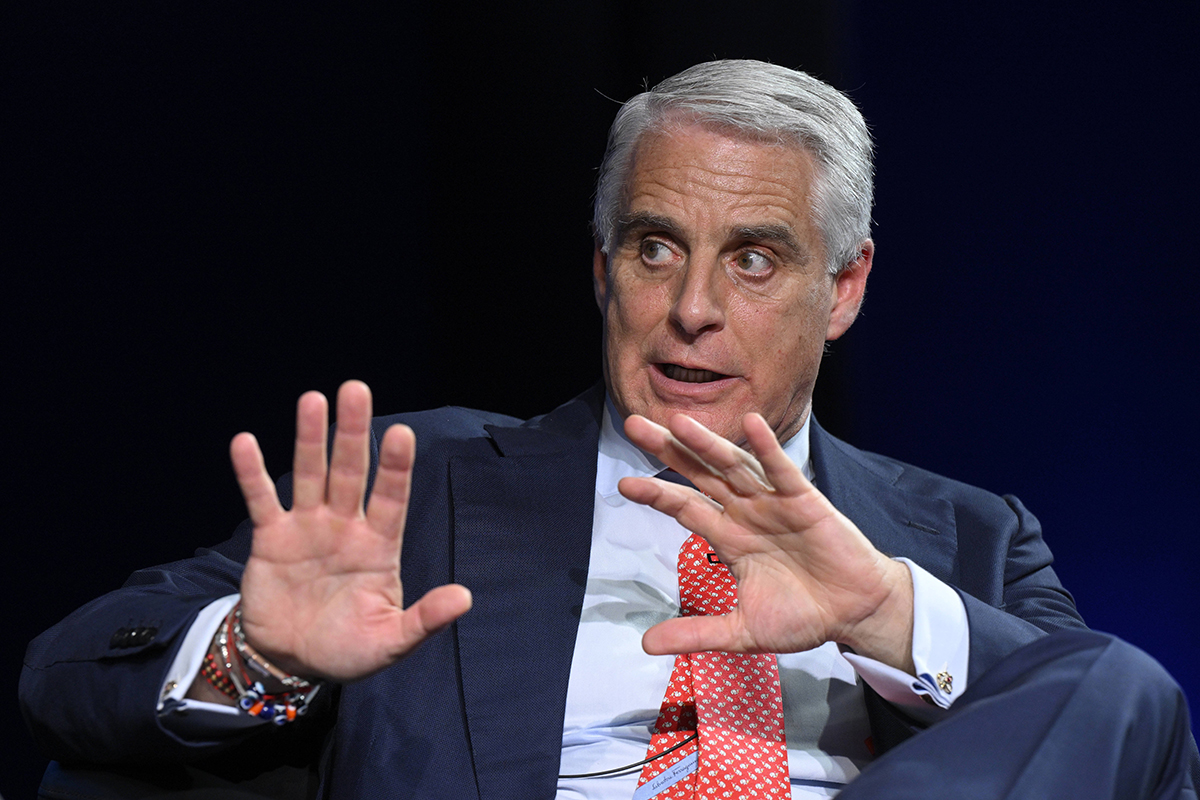True to his reputation as a consummate dealmaker, Unicredit CEO Andrea Orcel is orchestrating one of the largest cross-border bank mergers ever in Europe. Last month, Unicredit swiftly and dramatically raked up a more than 20% stake in Germany’s second-largest listed lender, Commerzbank.
Should the takeover go through, it would create one of the largest lenders worldwide, reshaping the banking sector in Europe.
After initially rejecting any speculation, Orcel declared that a possible tie-up would be “a test case for Europe,” and he was weighing a possible merger between Commerzbank and HypoVereinsbank, the German bank Unicredit acquired in 2005.
A Merrill Lynch mergers and acquisitions veteran, Orcel has a history—not always successful—in large buyouts. In 2007, he masterminded the acquisition of Dutch lender ABN Amro and its subsequent break-up by a consortium led by Royal Bank of Scotland.
During the same year, he advised Spanish giant Banco Santander on the sale of Italian lender Banca Antonveneta to Banca Monte dei Paschi di Siena (MPS), Italy’s oldest bank. In 2021, as he took the helm at Unicredit, Orcel himself attempted a takeover of state-owned MPS.
It never materialized. His focus is now turning abroad on Commerzbank.
“Given Mr. Orcel’s experience in European banks M&A and UniCredit’s presence in Germany with HVB, this strategic move is not surprising,” says Paola Biraschi, managing director and head of Southern European banks at CreditSights, a Fitch Solutions company. “However, the risks are meaningful, including the extraction of potential synergies. In this sense, I am a bit surprised that the bank did not strategically prioritize a domestic deal, where the synergy would potentially strengthen the bank’s domestic competitive position, which is challenged by the merger between Intesa Sanpaolo and UBI Banca.”
Overall, Biraschi concludes, “I would have expected domestic consolidation to be completed before seeing transformational cross-border deals in Europe.” For now, both the board of Commerzbank and the German government, which owns a 12% stake in the lender, say they are ready to fight; a top German official called Unicredit’s surprise bid “aggressive” and “unwise.” The markets are watching.




